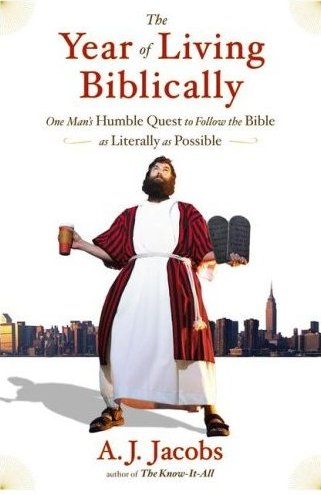
I'd read reviews (stellar) and seen it in various bookstores for months, but what really motivated me to grab The Lazarus Project from the OPPL was the fact that Hemon was going to be in conversation with Joseph O'Neill (author of Netherland) at next weekend's Printer's Row Lit Fest, and I happened to snag two tickets.
Problem: I didn't like the book. Something unknown motivated me to finish it, but my primary issue--a rare one for me--is that I didn't enjoy Brik's company or his outlook. His marriage is a failure, he has no confidence in himself as a writer (he's researching for a book about the 1908 murder of Lazarus Averbuch by the then-Chief of the Chicago Police Department), and for most of the book, he is sunk in a deep depression. I think I might've enjoyed The Lazarus Project more had I not begun it on the same day I finished The Brief Wondrous Life of Oscar Wao. The prose styles of each author couldn't be more different; I had created such a connection with Diaz's Yunior, and the connection was severed by Hemon's Brik. His sentences contain a unique beauty (interestingly and impressively enough, Hemon is a recent learner of the English language), but their subject matter didn't enthrall me the way Diaz's did. I'd say it was just too quick a transition from a book that I have yet to stop thinking about; I may have made a mistake by using The Lazarus Project as a "rebound" book.



